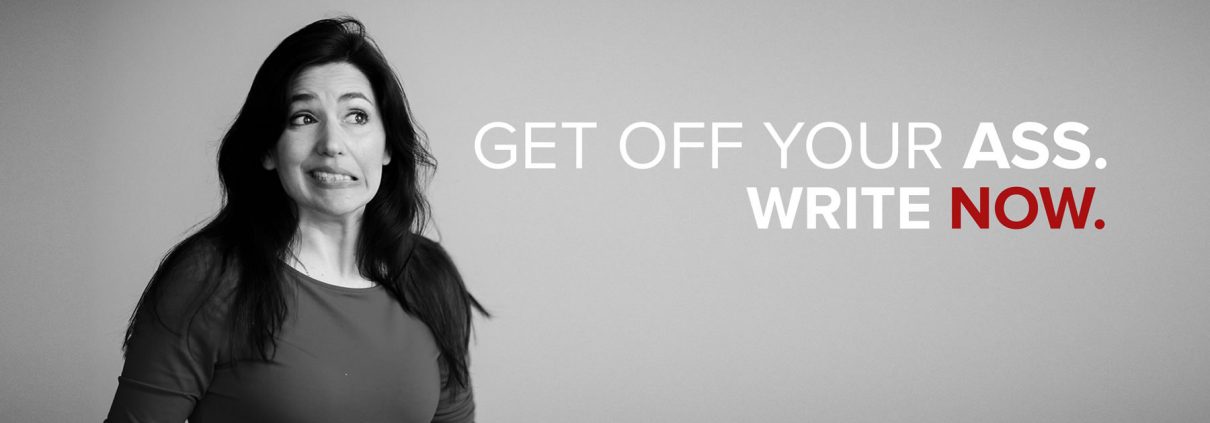Difficult doesn’t make it good
While in the Belgium, home of the world’s finest chocolate and 250 types of beer – 250! – I saw something that made me think.
No, it was not the beer. Though the beer was excellent.
This is what made me think: a concert on BBC or PBS or whatever with a violinist doing an insanely difficult piece.
[youtube=http://www.youtube.com/watch?v=CCLxso5XDN4]Now, that wasn’t the exact piece. This YouTube video is something close, though it’s far less technically difficult and far more enjoyable. You should’ve heard the crazy thing, and seen her beat that violin like a dirty rug.
Was her technical skill amazing?
Oh yes.
Did she make faces like she was passing a kidney stone?
You have no idea.
Did the music move me at all?
Not one bit. Hated it.
The forest for the trees
Here’s the thing: creative people tend to focus on developing the most difficult technical skills WHILE IGNORING THE BIG STUFF.
- Journalists learn all about headline counts and press law, but nobody questions whether the inverted pyramid is the right structure for the next 12,023 stories they’ll write.
- Writers spend months or years cranking on novels, but if you put a 9 mm to their head and counted down from five, they couldn’t boil that novel down into four-word pitch – or logline, tagline or headline.
- Figure skaters put all this time and effort into triple-axles and whatnot, despite the fact that only professional skaters and judges can tell the difference between a triple toe loop and a triple lux-whatever. The only thing we average people know is (a) whether the skating is fun to watch and (b) how many times they fall down. Also, (c) how you can consider this a sport when the winner is determined by faceless judges, not who runs the fastest or scores the most points?
Now, I’m not saying that you should ignore your technical skills, whether you’re trying to break into Hollywood with your zombie high school musical or become the next Johnny Rotten.
The point is, technical skills come into play late in the game. Without working on the stuff that nobody teaches you – the short, pithy, publicity side – nobody will see your amazing technical wizardry with words, film or electric guitars hooked to amplifiers that go up to eleven.
Here’s little kids playing Metallica, with far less technical skill. (Metallica is secretly easy to play.) Yet I enjoyed the heck out of this and would happily listen to it again, while you would have to deliver suitcases stuffed with purple euros to get me to listen to the violin craziness again.
[youtube=http://www.youtube.com/watch?v=Vu716a-J2gQ]***
Guy Bergstrom won awards as a journalist before working as a speechwriter and cashing checks from The New York Times as about.com’s expert on public relations. He wrote a thriller (FREEDOM, ALASKA) that won some award and he’s represented by Jill Marr of the Dijkstra Literary Agency. Follow him on his blog redpenofdoom.com, or Twitter at @speechwriterguy, or Google+


